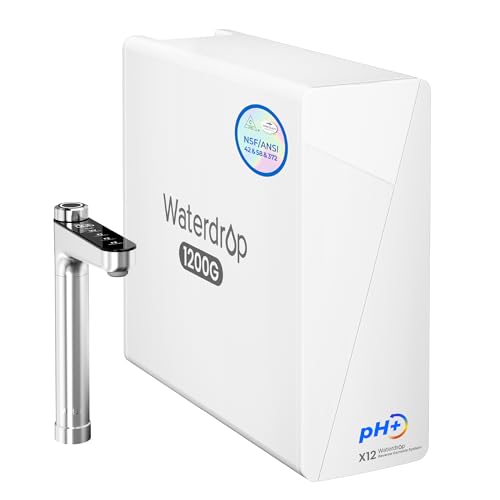Cross-border payment fees have been bleeding small businesses dry for years, but PayPal’s latest move might finally offer relief. The payment giant just rolled out support for over 100 cryptocurrencies, letting any U.S. merchant accept everything from Bitcoin to that Dogecoin your nephew keeps talking about. You know how international credit card fees can devour your profit margins? This could change that math entirely.
Breaking Down the Technical Magic
When customers choose crypto at checkout, PayPal handles the heavy lifting behind the scenes. Your Bitcoin-paying customer’s transaction gets converted through exchanges like Coinbase or Uniswap, transformed into PayPal’s PYUSD stablecoin, then deposited as good old USD in your account. The whole process happens faster than you can say “blockchain revolution.”
Popular wallets like MetaMask, Coinbase, and Phantom integrate seamlessly, meaning your crypto-curious customers won’t need to jump through hoops. Think of it like Apple Pay, but for the digital asset crowd—simple enough that even your least tech-savvy relatives could figure it out.
The Real-World Scenario That Matters
Picture running an online vintage clothing store with customers across Europe and Asia. Previously, accepting a €200 payment from Berlin meant watching fees chip away at your margins like a persistent woodpecker. With PayPal’s crypto option, that same international customer paying in Ethereum faces significantly lower processing costs—potentially saving you dozens of dollars per transaction.
“Businesses of all sizes face incredible pressure when growing globally, from increased costs for accepting international payments to complex integrations,” explains PayPal President and CEO Alex Chriss.
The Catch You Should Consider
Here’s the reality check: only 14% of U.S. adults actually hold cryptocurrency as of 2025. You’re essentially preparing for a customer base that’s still relatively niche, like installing a Tesla charging station when most people drive gas cars. The promotional 0.99% fee jumps to 1.5% after the first year, though that still beats typical credit card rates.
PayPal’s betting big that crypto payments will follow the same trajectory as mobile payments—going from “weird tech thing” to “how did we live without this?” Whether your customers are ready to make that leap depends largely on your audience and international reach.
This rollout represents more than just another payment option—it’s PayPal positioning itself as the bridge between traditional commerce and digital assets. For merchants willing to embrace the learning curve, the cost savings alone might justify the experiment.




























